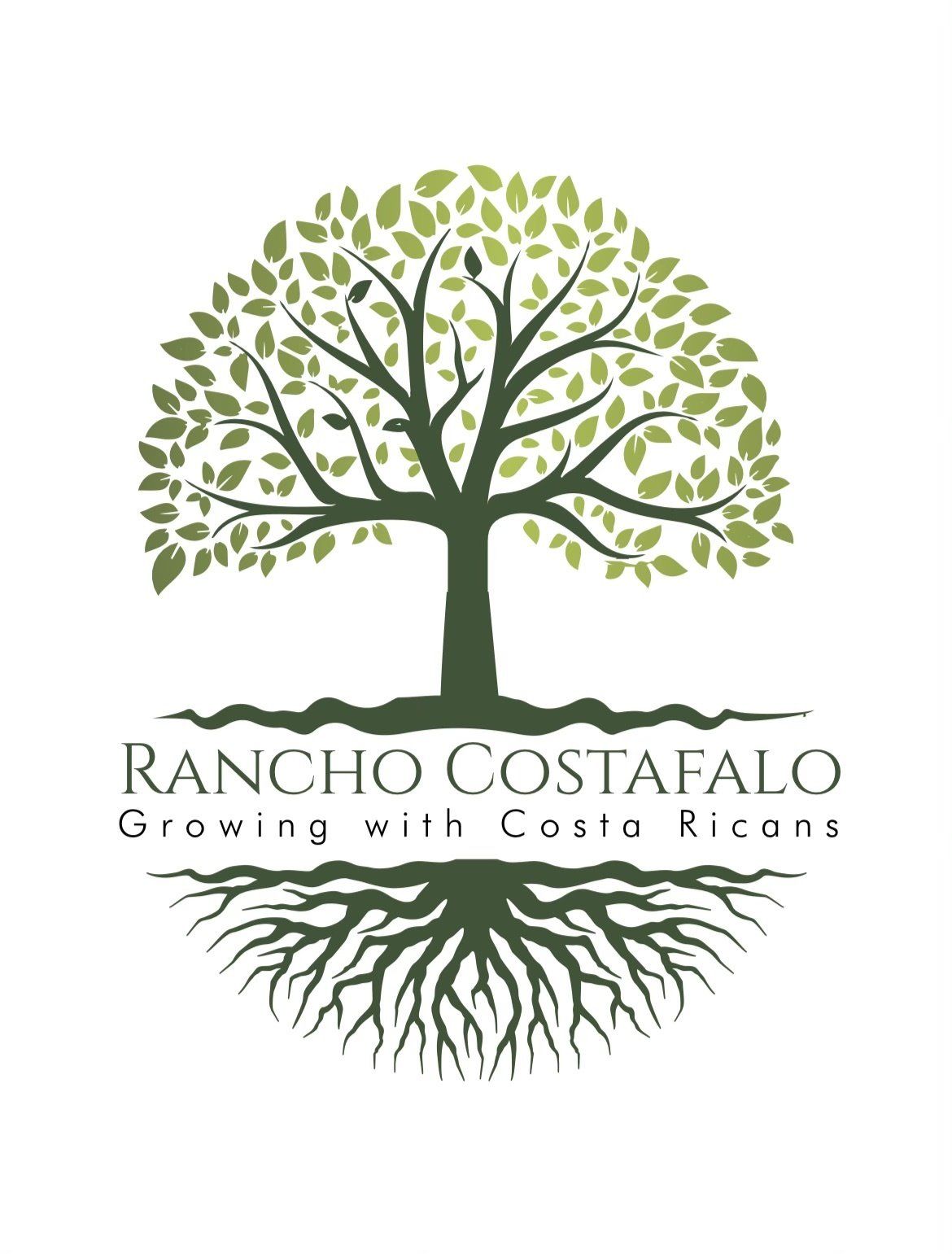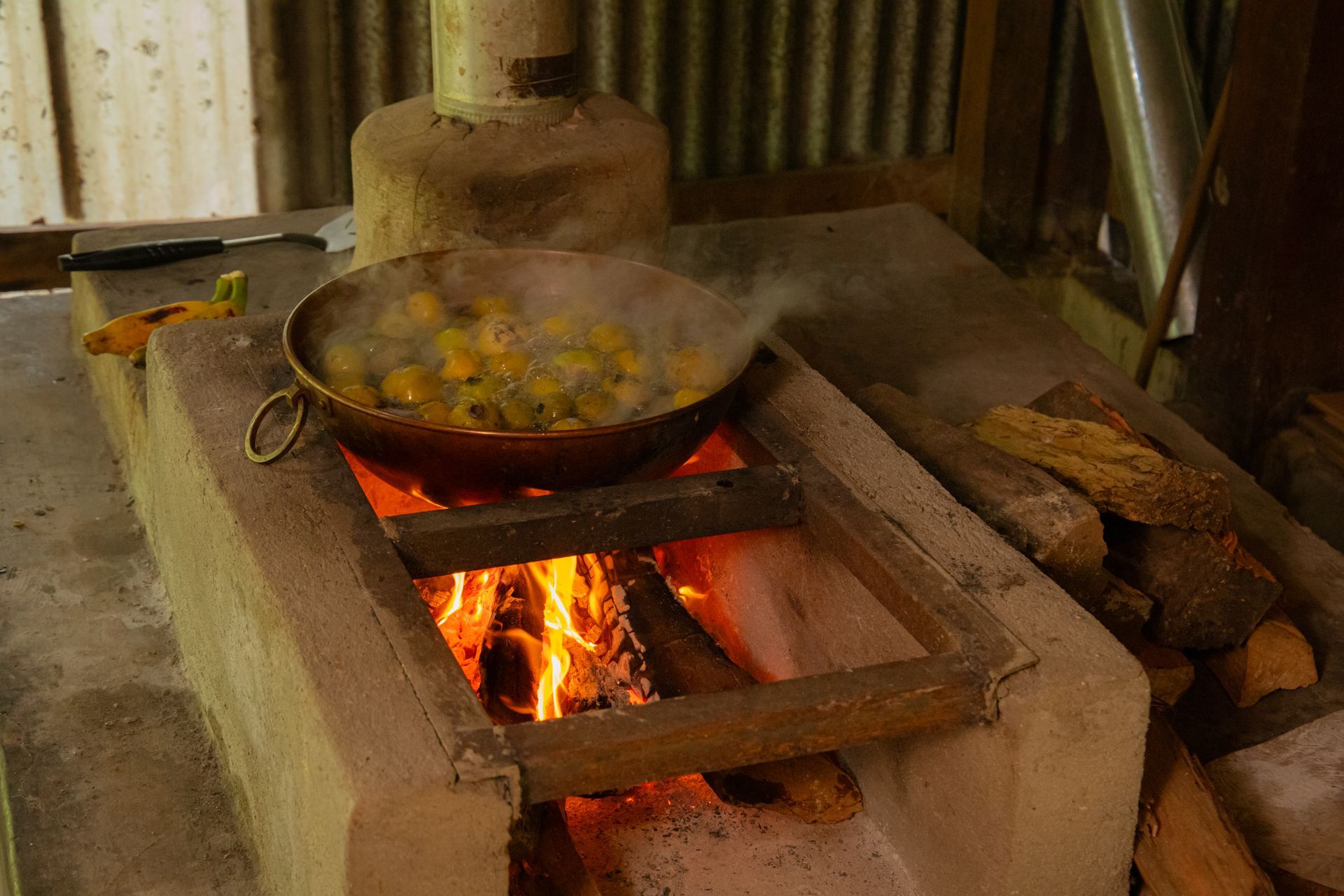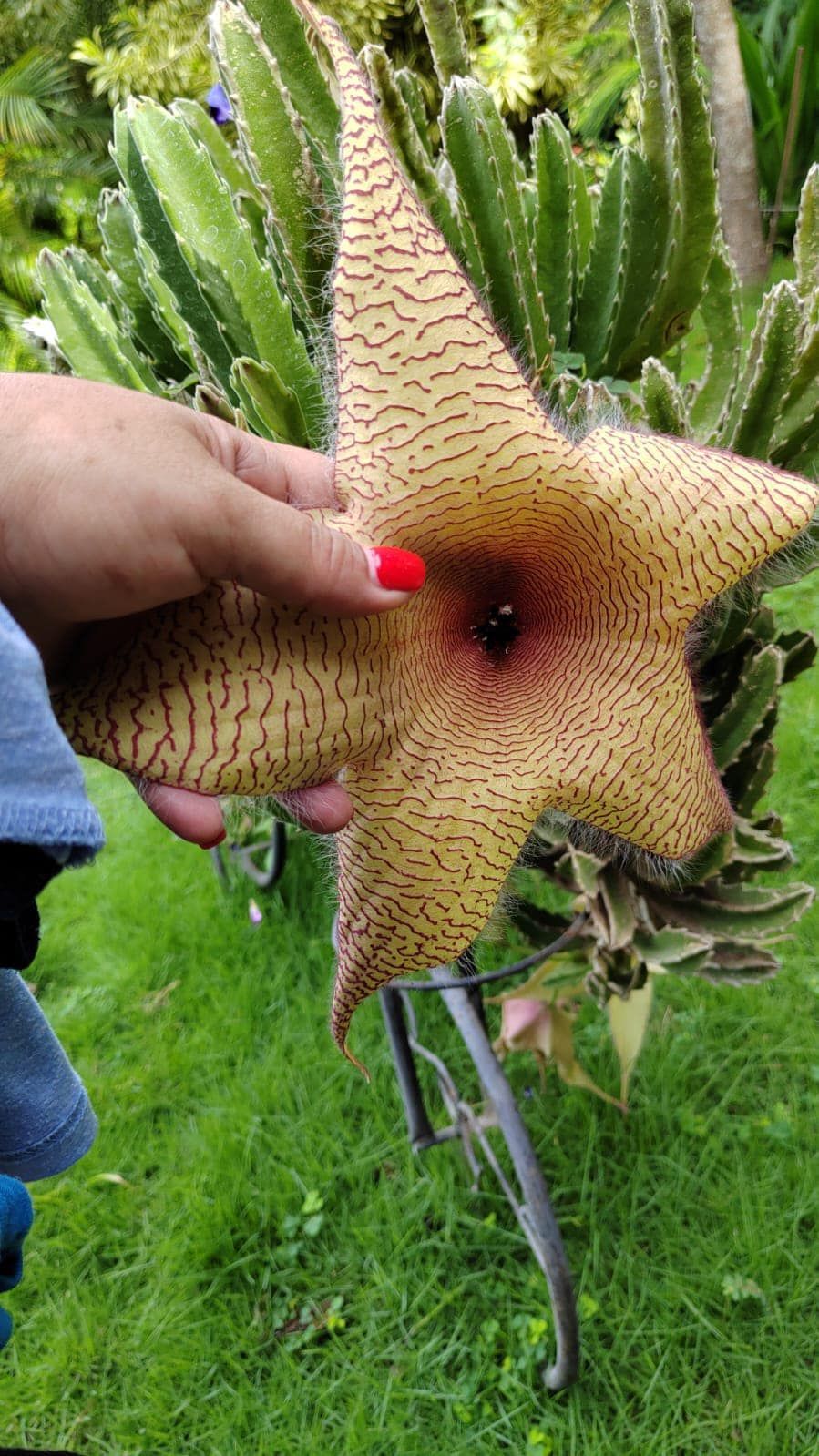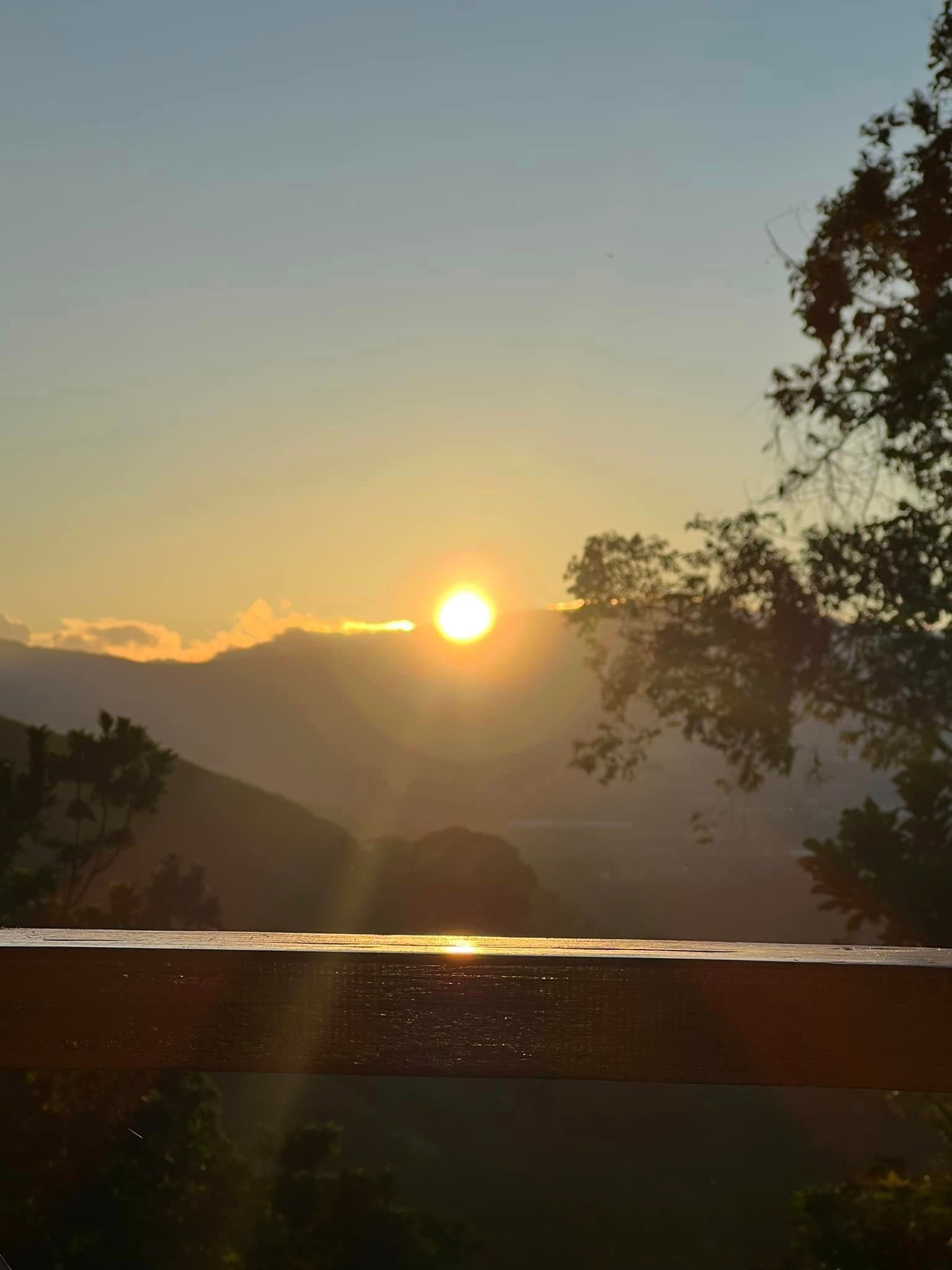Community Celebration
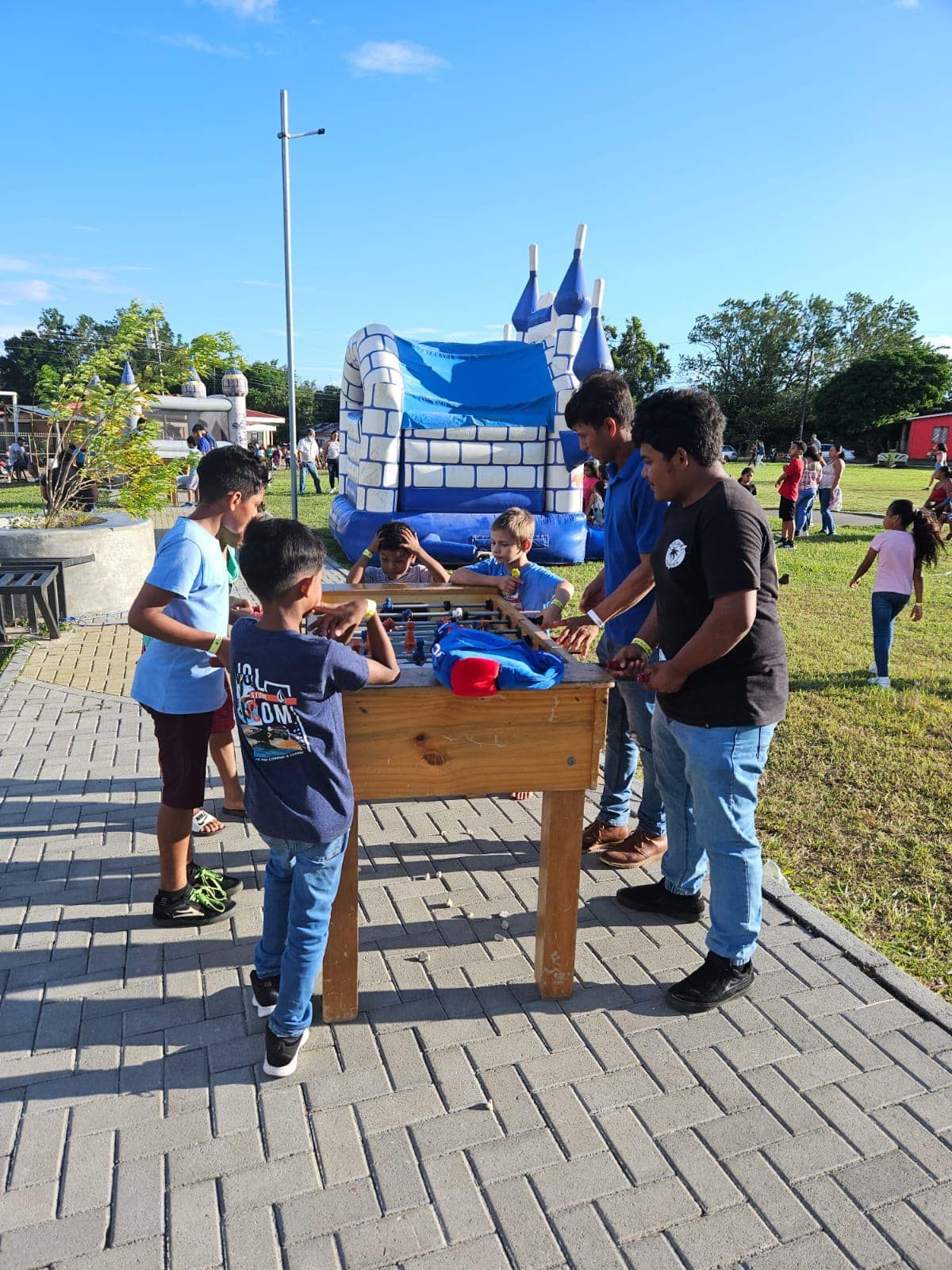
People gather in Quebrada Grande for their Annual Christmas party. Over 1000 people were in attendance, many of the people that are connected with Rancho Costafalo's community support.
Quebrada Grande, a picturesque town nestled in the Guanacaste province of Costa Rica, is more than just a beautiful destination for eco-tourism and birdwatching. It is a place steeped in history, culture, and natural beauty. Join us as we
journey through time to explore the captivating history of Quebrada Grande and the story behind its enduring charm.
The Indigenous Legacy
Long before European settlers arrived in Costa Rica, the region was inhabited by indigenous peoples, including the Chorotega and Huetares. These communities thrived in the fertile lands around Quebrada Grande, cultivating maize, beans, and other crops while preserving their rich cultural traditions.
Spanish Colonization
Quebrada Grande, like much of Costa Rica, was eventually colonized by the Spanish in the 16th century. Spanish influence left a lasting imprint on the region, from the architecture to the language and culture. The town became a part of the larger Guanacaste province, and its history became intertwined with that of the broader Costa Rican territory.
The Path to Independence
Throughout the 19th century, Costa Rica, including Quebrada Grande, played a pivotal role in Central America's struggles for independence from Spanish colonial rule and later from Mexican and other regional governments. In 1821, Costa Rica and the surrounding countries finally achieved their independence and joined the United Provinces of Central America.
The Annexation of Guanacaste
One of the most significant historical events in Quebrada Grande's history was the Annexation of Guanacaste on July 25, 1824. This day, celebrated as Guanacaste Day (Día de Guanacaste), marks the region's decision to become a part of Costa Rica, choosing it over Nicaragua. This event is celebrated annually with parades, traditional dances, and cultural festivals.
The Agricultural Legacy
Quebrada Grande's history is deeply rooted in agriculture. The fertile lands surrounding the town have long been used for farming, cultivating a wide variety of crops, including coffee, rice, and sugarcane. Agriculture remains an essential part of the local economy and culture, contributing to the area's natural beauty and biodiversity.
Quebrada Grande Today
Today, Quebrada Grande stands as a testament to the rich tapestry of history and culture that defines Costa Rica. Visitors to the area can explore its historic sites, vibrant community, and lush natural landscapes. The town's proximity to eco-tourism destinations like Rancho Costafalo makes it an ideal base for those seeking to experience the beauty of Costa Rica while also immersing themselves in its history.
Quebrada Grande, with its blend of indigenous heritage, colonial past, and agricultural traditions, continues to thrive as a welcoming and vibrant community within Costa Rica's Guanacaste province. It invites travelers to explore its history while enjoying the natural wonders of this enchanting region.
Rancho Costafalo is located just outside of Quebrada Grande.
